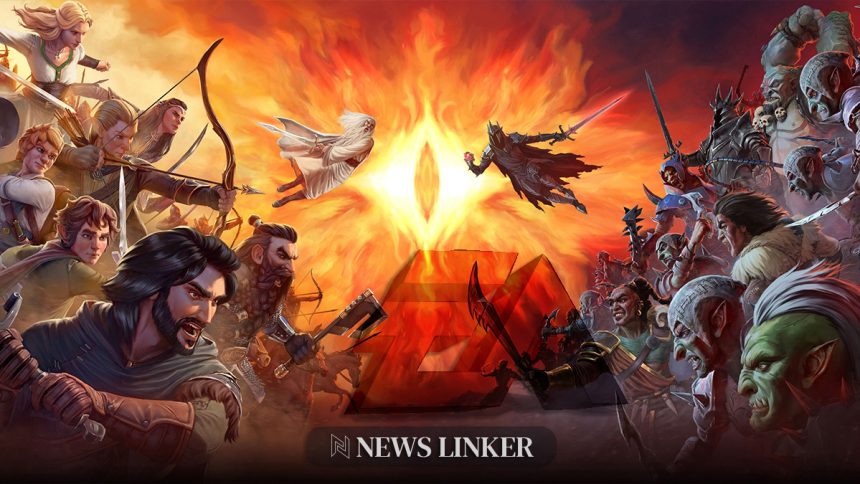The gaming industry faces uncertainty as Electronic Arts (EA) prepares for a $55 billion leveraged buyout, drawing intense scrutiny from both former insiders and the wider community. While new investment can bring fresh direction, long-term staff and fans are concerned about the potential consequences for creativity, workplace stability, and the future of beloved franchises like Dragon Age and Mass Effect. Mark Darrah, who spent over two decades at BioWare, brings a unique perspective to these developments, voicing concern over company culture and the impact of large-scale corporate maneuvers on studios and the individuals who work there.
Industry analysts have previously scrutinized EA’s acquisition strategies, often noting cautious financial practices but also raising alarms when change comes swiftly. The gaming community remembers earlier buyouts causing significant staff reductions and studio closures, especially after publisher consolidations or swings in company ownership. Previous financial shakeups also led to shifts in creative direction or altered release calendars for series like Dragon Age and Mass Effect. This latest deal, with its notable debt load and partnerships involving geopolitical entities, stands out not just for its size but for the broader concerns around creative independence and employment stability.
Why Does the Leveraged Buyout Raise Fears About Layoffs?
The leveraged buyout will require EA to carry around $20 billion in new debt, creating significant financial pressure. Mark Darrah predicts that servicing this debt with EA’s current annual net of about $1.1–1.2 billion means the company will inevitably seek cost reductions, likely through staff cuts and possible studio closures. He remarks,
“For a company that’s as historically financially conservative as EA, you’re going to be looking for additional cost savings. And for a company where a majority of your costs come from people, that is likely going to mean layoffs and studio closures.”
These predictions stem from the basic arithmetic of interest payments and limited ways to quickly trim expenses in a largely people-driven business.
How Could New Ownership Influence EA’s Creative Direction?
The partnership driving the buyout includes Saudi Arabia’s Public Investment Fund and Affinity Partners, the latter run by Jared Kushner. This combination raises questions about possible interference in content and messaging across EA properties. Darrah highlights concerns about “sportswashing” and what it might mean for long-standing diversity and inclusion efforts in EA’s games. He cautions that overt attempts to shift BioWare’s traditionally progressive stances would not sit well with their audience:
“It’s hard to imagine that you’d have BioWare pivot from having very progressive messaging to having the reverse—because it’s what the government wants. It’s hard to imagine that the public perception of a game that comes out of BioWare [that does that] isn’t apocalyptically bad.”
Could Going Private Offer Any Benefits for EA’s Studios?
Despite these concerns, Darrah suggests that private ownership might allow for more patience in game development. Freed from the immediate demands of quarterly earnings, studios could potentially take bolder creative risks or pursue deeper, longer-term projects. However, he is clear that these benefits are likely distant, as the initial aftermath will almost certainly bring layoffs, possible studio closures, and a focus on streamlining operations. Only further down the line, after restructuring is complete, could remaining teams see a more stable environment with the opportunity for innovation.
The significant involvement of foreign and politically connected investors introduces a new dimension to the narrative, sparking conversations beyond the usual financial implications. With continuing debates around diversity, equity, and inclusion in the games industry, the ownership structure and possible influence on major franchises like Dragon Age and Mass Effect remain in sharp focus. While some see potential for more experimental long-term projects when removed from shareholder pressure, immediate challenges—layoffs, creative turbulence, and public trust—are likely to shape the story in the coming months. As EA transitions through this deal, stakeholders at all levels will closely watch how these tensions play out and whether the promises of creative freedom materialize after the turbulence settles.










